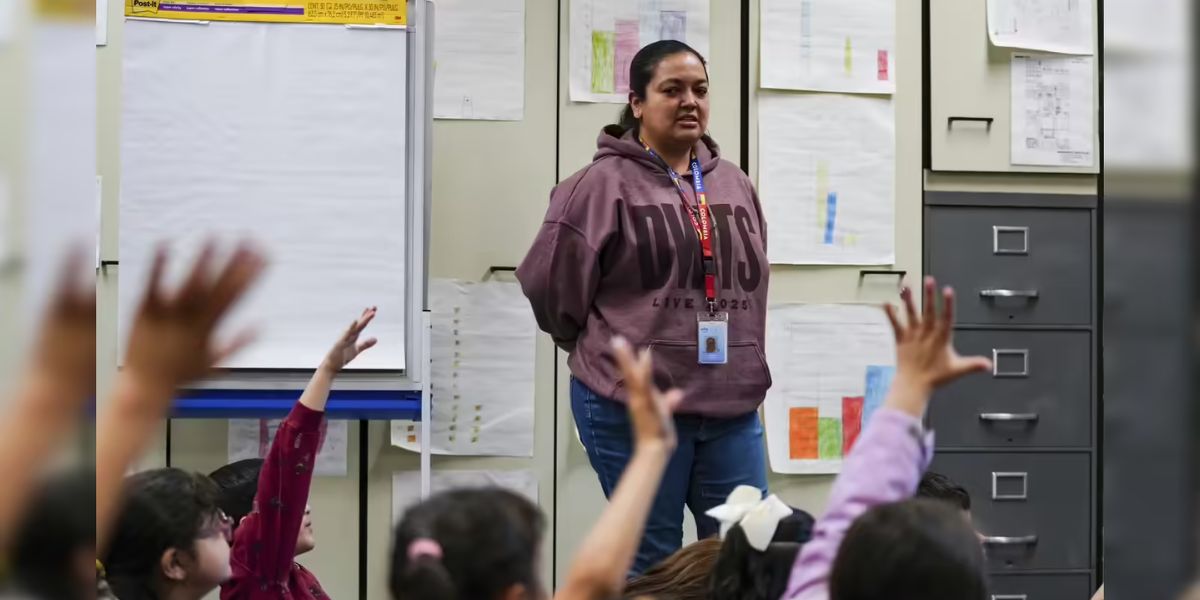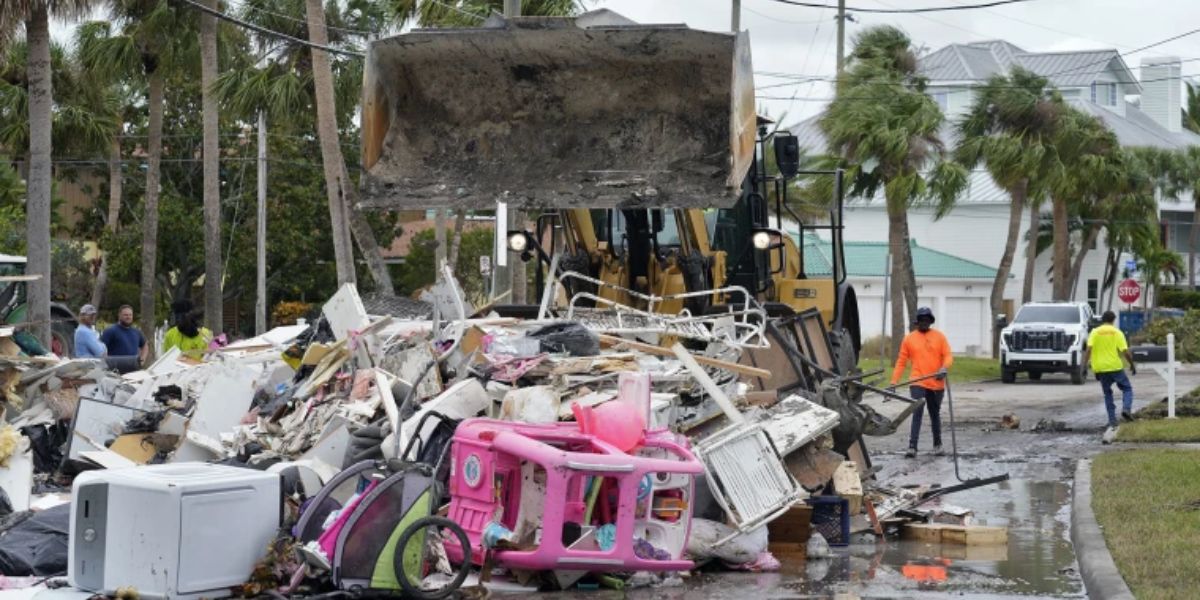As of July 1, 2025, a wave of new legislation is now in effect across Virginia, targeting areas ranging from transportation safety to student discipline and digital well-being. The new rules reflect the state’s push to modernize regulations in response to changing technology, public health concerns, and education priorities.
Here’s a breakdown of the most impactful new laws now active in Virginia:
Mandatory Seatbelts for All Vehicle Passengers
Virginia has expanded its seatbelt requirement to apply to all adults in every seat of a vehicle, not just those in the front. This means rear-seat passengers — previously exempt in many cases — must now buckle up or face potential fines.
Supporters of the law, including transportation safety advocates and law enforcement agencies, argue the change will reduce serious injuries and fatalities in crashes.
“Seatbelts save lives — front or back,” said a Virginia DMV spokesperson. “This is a common-sense measure backed by years of crash data.”
New Cell Phone Policy Rules for Schools
A new statewide rule requires school boards to adopt formal policies governing cell phone use on campus. While the law grants flexibility to local districts, it includes one key restriction: students can no longer be suspended solely for cell phone violations.
This change is designed to curb excessive disciplinary actions and keep students in class, while still giving schools tools to limit digital distractions.
“This is about finding a balance,” said a Loudoun County educator. “We want responsible phone use, but we also want to avoid over-punishing kids for tech-related slipups.”
Tougher Penalties for Injuring Pedestrians
Another law going into effect raises the stakes for drivers who hit pedestrians. If a pedestrian is injured due to driver negligence, the motorist could now face a Class 1 misdemeanor charge — punishable by up to 12 months in jail and/or a $2,500 fine.
The move comes amid rising pedestrian fatalities in urban and suburban areas of the state.
“Drivers need to know that failing to yield isn’t just careless — it can now carry criminal consequences,” said a representative from the Virginia Department of Transportation.
Social Media Time Limits for Children Under 16
In a first-of-its-kind rule for Virginia, children under age 16 will be restricted to one hour per day of social media use — unless their parents or guardians override the limit. Platforms are expected to comply using time-tracking tools and account age verification methods.
The law is part of a growing national effort to address mental health concerns tied to excessive screen time in children and teens.
“We’re not banning social media — we’re creating healthier boundaries,” said a Virginia lawmaker who sponsored the bill.
Autism-Friendly DMV ID Program
Finally, Virginia’s Department of Motor Vehicles will now offer special designation on IDs for individuals with autism. This optional program allows first responders and law enforcement to better understand communication needs during traffic stops or emergencies.
Advocacy groups praised the initiative as a step toward more inclusive and informed public service interactions.
“A small note on a license can make a huge difference during a high-stress moment,” said a spokesperson for Autism Speaks Virginia.
What’s Next?
These laws come at a time when many states are rethinking safety, discipline, and digital health. Virginia’s July 1 rollout reflects a comprehensive, people-first approach — one that aims to protect residents both on the road and online.
Whether you’re a parent, student, commuter, or just someone living in the Commonwealth, these new policies may impact your daily routine. And as lawmakers continue to adapt to shifting societal trends, more changes could be on the horizon.




